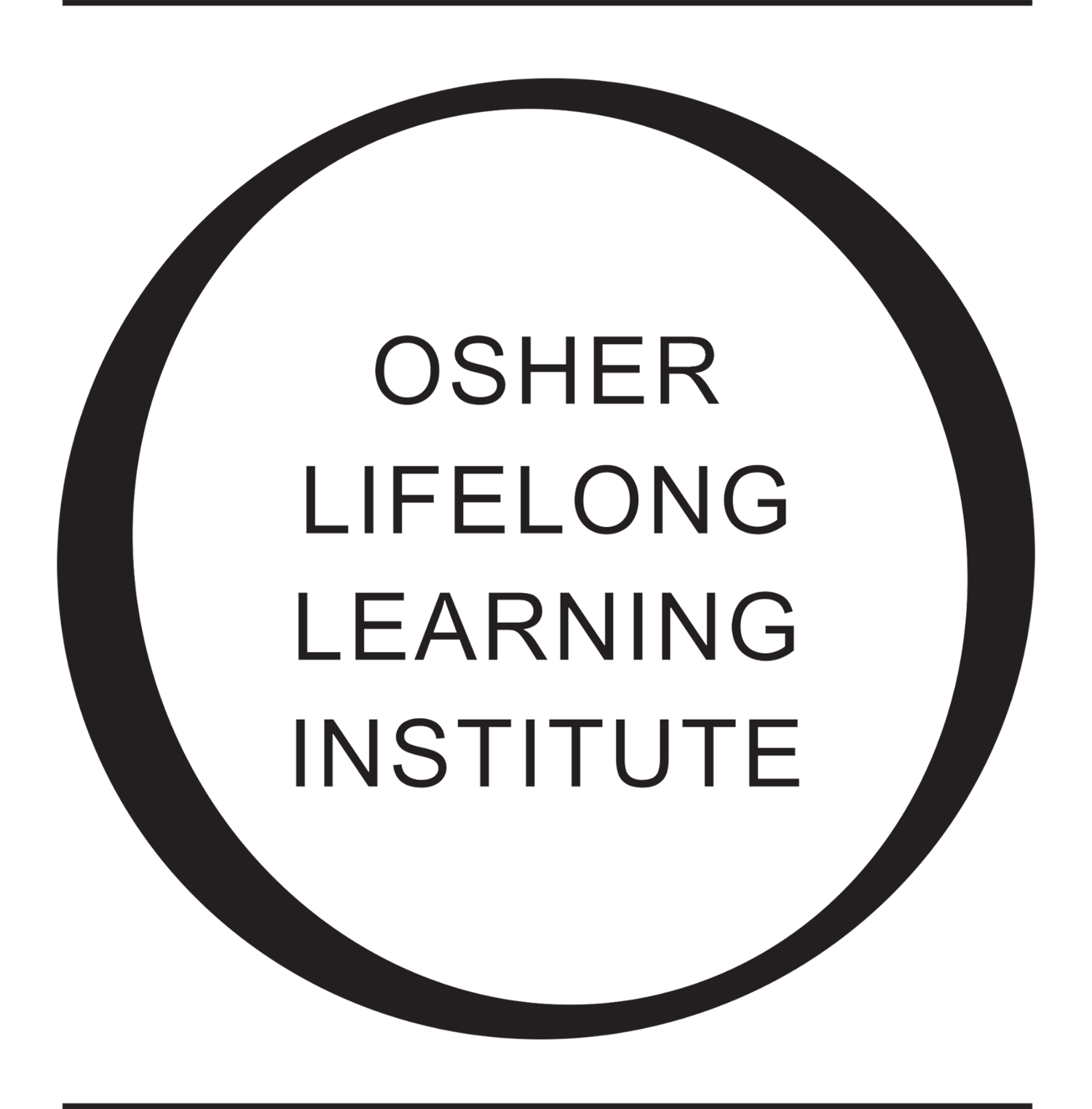
We Are Now
By Jim Greenberg
Until I retired last year, I was privileged to work in a multigenerational environment and had college students working for me in my home. My current activities, including Osher, situate me in a more generation-limited cohort. In relation to this, I have a confession to make, and I think I may not be alone in this. It’s partly related to my being a victim of media prejudice. Growing up at the beginning of the TV revolution, I’ve been a victim of the growth of our super-materialistic American society. Like many of us, my education in the metrics of life and living has been in large part related to the influence of commercialism. I could be talking about the pervasive false ideals of wealth and beauty, but I’m referring to my prejudice against old people.
However, I’m happy to report that my bias is rapidly fading. Part of the reason I’ve come to dislike associated adjectives, old, as it applies to my peers and me is that it has come to connote so many negatives. I guess I could say that I hate what one’s numerical age implies, at least as used in the media. Just try substituting an age in an earlier or later decade when it’s mentioned as part of a news story on TV. “An 84-year man was shot while attempting to hold up a Seven-Eleven,” doesn’t sound quite as plausible as placing a 22-year-old perp at the scene. Likewise, I always question describing an expert in their 30’s in some newsworthy field being described as “professor” when I know how many years it actually takes for one to reach tenure. Experience begets expertise and can only be acquired quickly with a certain level of neurological maturity. Skateboarding comes to mind, for example.
I couldn’t wait to begin taking Osher courses when I retired a year ago, so I signed up for a course or two that I could fit in around the last few weeks of my part-time work schedule. I’m happy to report that now, when I walk into a class of fellow seniors, I’m beginning to look at each individual, study their faces, try to learn their names, and hope to learn more about them. I have been deeply moved and very impressed. Some of my classes might involve sitting in a Wean Hall classroom to learn about some obscure area of life that I hadn’t considered before, such as how we transport “Boxes and Really Big Stuff.” But I’m more interested in the students and their lives and accomplishments, so the real deal here is “Writers’ Workshop,” which challenges us to express ourselves and reveals many aspects of our former and present lives in an atmosphere of safety and sharing. My compatriots in this class have opened my mind to far away places, childhoods in disparate sociocultural milieus, and an array of life’s struggles and accomplishments.
I am particularly impressed by classmates in the 85-95 year age range whose persistently sharp minds and talents have been enhanced by a tradition of embracing life to the fullest. They are at their peak in so many ways, though they, like all of us, mourn the degradation of some of their physical capabilities. Regardless, they sally forth, and remain active.
Importantly, I’ve learned how beauty has been preserved and redefined in our generation. I play a game with myself of studying the faces of my classmates and imagine how they looked 50 years ago. Some of us have put more effort into maintaining or modifying our outward appearances than others, but I can sneak a peak under the outer “shell” and appreciate faces that were beautiful then in a youthful way and are beautiful now in a mature way. Plus, I’ve come to appreciate the love, dedication, and harmony many of us are privileged to experience in spite of the negative and distorted view the media puts forth.
We are a library of knowledge, emotions, and irreplaceable once-in-a-lifetime moments. I celebrate us!
